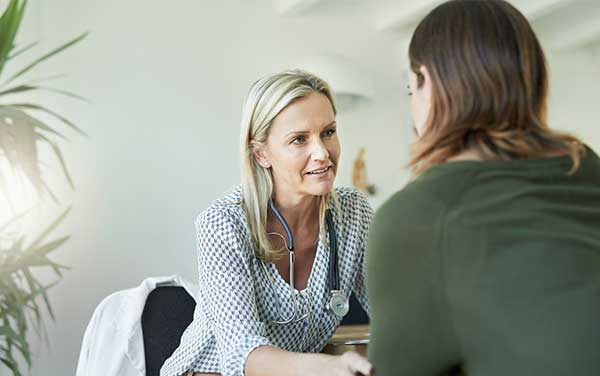
The Rural Doctors Association of Australia is encouraging the public to keep up social distancing and hand hygiene practices. Photo: Supplied.
Have you been slacking on using hand sanitizer when entering a business or building?
Rural doctors are warning that the spreading patterns of the common cold are worrisome as they indicate that if a local COVID-19 hotspot develops, it could spread quickly.
While in the peak of social distancing and handwashing practises to prevent the spread of COVID-19, an unintended bonus was that the spread of other viruses’, like the flu or the common cold, also slowed.
So much that there have been no known cases of influenza so far this year in the Southern NSW Health District, although authorities say vaccinations are still strongly recommended.
Social distancing needs to be the “new normal” according to Dr Adam Coltzau, clinical lead of the Rural Doctors Association of Australia’s COVID-19 Rural and Remote Response.
“An increase in presentations of the common cold to doctors’ surgeries is a telling sign, as colds are just another virus and effective social distancing will stop the spread,” said Dr Coltzau.
“With community transmission of COVID-19 under control in most of Australia, the new Victorian hotspot shows us what can happen when people relax the personal habits that were keeping them safe.
“Now is definitely not the time to let this slip. Our new normal needs to involve keeping the 1.5m rule, regular hand washing, and coughing or sneezing into your elbow in order to keep everyone safe and healthy.”
However, it’s not all bad news.
In the Southern NSW Local Health District, there have been no known cases of influenza this year and that is likely due to rigorous social distancing measures, a spokesperson confirmed.
“NSW influenza levels are much lower than previous years, likely due to social distancing measures, better hand hygiene and high levels of vaccination,” said the spokesperson.
COVID-19 has prompted a strong government response to infectious disease control and a record 2.8 million federally supplied doses of flu vaccine have been distributed throughout NSW since 30 March – almost one million more doses than during the same period in 2019.
The Rural Doctors Association of Australia (RDAA), the Australian College of Rural and Remote Medicine (ACRRM) and rural peak bodies meet regularly to discuss the ongoing impact of COVID-19 on rural Australia.
“The reopening of many businesses, industries and social opportunities is making a real difference to the economies of rural towns and the lives of people in them,” said Dr Coltzau.
“But with travel restrictions easing and people starting to move from community to community – whether it be for work or recreation – we still need to be careful about the risks, particularly to our vulnerable populations of the elderly and Aboriginal and Torres Strait Islander people.”
Dr Coltzau encourages everyone to continue to keep travel to a minimum, reducing potential exposure of rural areas that are currently free of COVID-19.
“Pack hand sanitiser, minimise your contact, keep your 1.5m distance, and, for goodness sake, if you have a sniffle, get tested,” he said. “Even if you think it’s a cold, get tested. This will protect yourself and others from the risk of a second wave of COVID-19.”
For more information, visit the Rural Doctors Association of Australia website.







